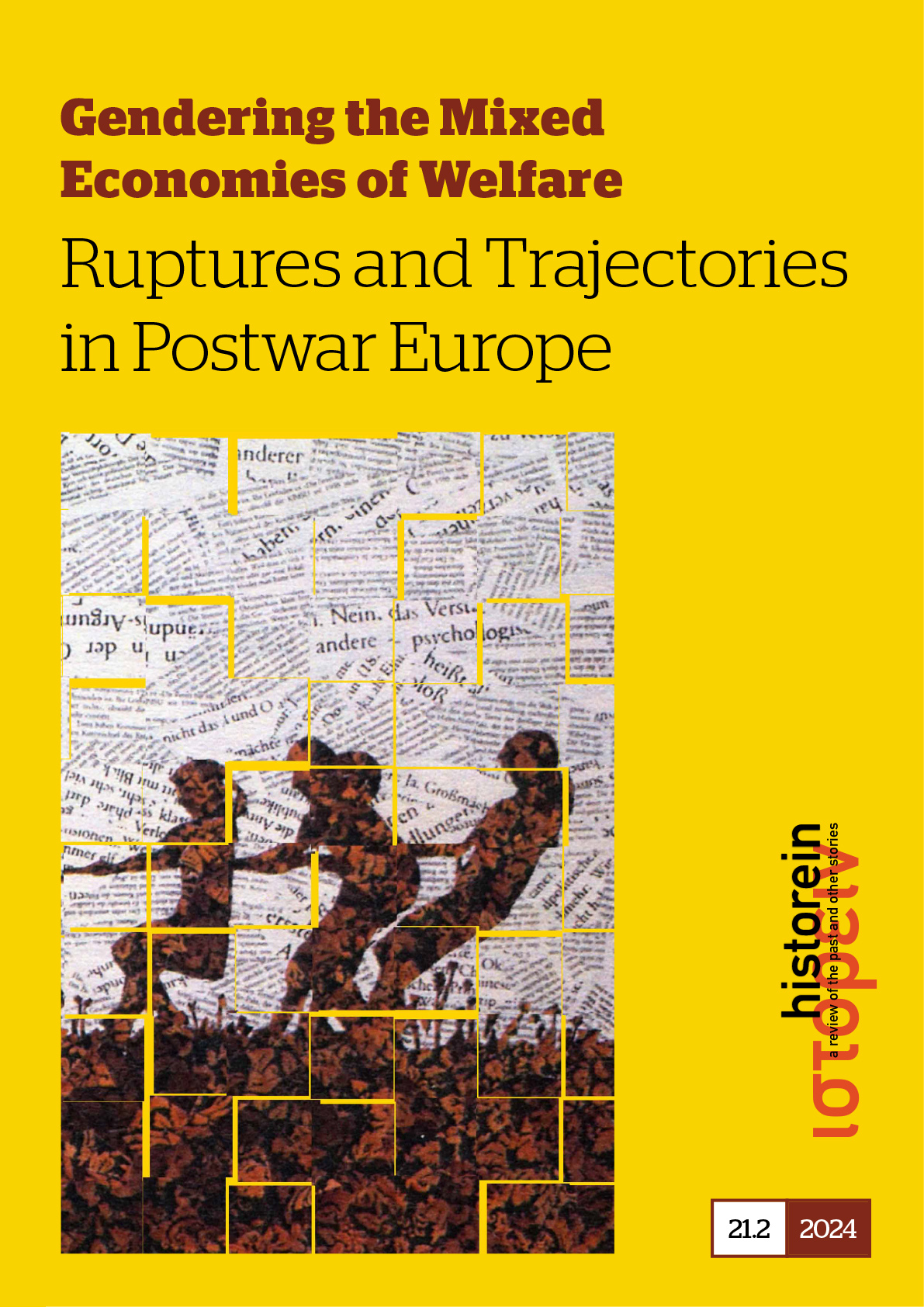“I felt I should be there, all these people talking on my behalf without consulting me” Gender, Experience and Expertise in the Irish Mixed Economy of Welfare, 1970–1990s

Abstract
In the early 1970s, Cherish, the first support and advocacy group for unmarried mothers run by unmarried mothers, emerged into the mixed economy of welfare in the Irish Republic. The self-help aspect of the organisation was fundamental to its sociopolitical agenda to remove the stigma associated with unmarried motherhood and the legal status of illegitimacy, to secure welfare payments for this group and to reframe Irish understandings of what constituted a legitimate family. This article explores how Cherish reflected and contributed to a particular moment in Irish gender and welfare history, when notions of responsibility, the role of religion and the state were being redefined. It reveals how the organisation engaged with and reshaped the existing mixed economy of welfare by reframing understandings of expertise, challenging inherent moral biases, and broadening the concept of family.
Article Details
- How to Cite
-
Earner-Byrne, L. (2024). “I felt I should be there, all these people talking on my behalf without consulting me”: Gender, Experience and Expertise in the Irish Mixed Economy of Welfare, 1970–1990s. Historein, 21(2). https://doi.org/10.12681/historein.34021
- Section
- ARTICLES

This work is licensed under a Creative Commons Attribution-NonCommercial-ShareAlike 4.0 International License.
The copyright for articles in this journal is retained by the author(s), with first publication rights granted to the journal. By virtue of their appearance in this open access journal, articles are free to use (with the exception of the non-granted right to make derivative works) with proper attribution for non-commercial uses (licence Creative Commons 4.0). EKT/NHRF retains the worldwide right to reproduce, display, distribute, and use articles published in Historein in all formats and media, either separately or as part of collective works for the full term of copyright. This includes but is not limited to the right to publish articles in an issue of the Journal, copy and distribute individual reprints of the articles, authorize reproduction of articles in their entirety in another EKT/NHRF publication, and authorize reproduction and distribution of articles or abstracts thereof by means of computerized retrieval systems.

